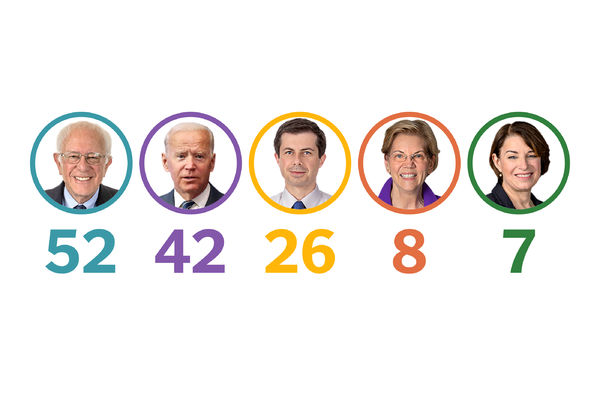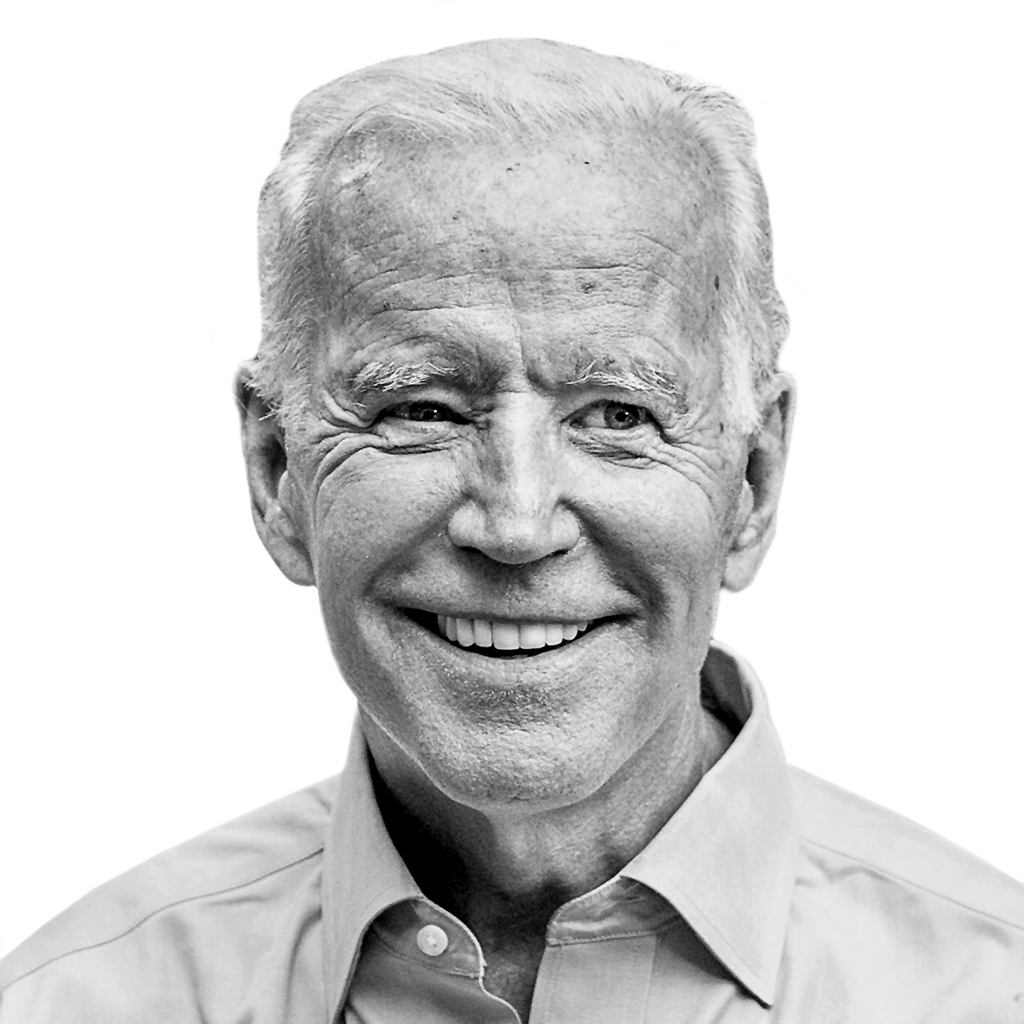Advertisement
Mr. Steyer, the former hedge-fund executive, exited the race after a disappointing finish in South Carolina — a state where he had spent considerable resources and pinned the hopes of his campaign.

COLUMBIA, S.C. — Tom Steyer, the billionaire former hedge-fund executive whose prolific campaign spending altered the Democratic primary and allowed him to persist in the race, withdrew following a loss Saturday night in South Carolina.
Speaking to supporters here, Mr. Steyer announced he was ending his long shot presidential bid, but promised to continue working on issues that are of great importance to him — environmental and economic injustice.
“We live in a country that is deeply unjust economically where rich people have been profiting at the expense of everybody else,” Mr. Steyer said, his voice cracking at times. “And I didn’t get in this race and start talking about things to get votes. I was in this race to talk about things that I cared the most about.”
Mr. Steyer, 62, had failed to capitalize on his investment of millions of dollars in South Carolina, where he had pinned the hopes of his campaign. Despite spending more than $191 million on advertising nationally, Mr. Steyer did not earn any national pledged delegates in Iowa, New Hampshire or Nevada, making South Carolina something of a make-or-break state for his continued viability. With 80 percent of the votes counted here, Mr. Steyer had garnered less than 12 percent of the vote, although he told supporters he might pick up one or two delegates.
Mr. Steyer, who said he had always planned to end his candidacy if he did not see a path to victory, declared that, based on the South Carolina results, he did not see a path. In leaving the campaign, he did not endorse another candidate, but pledged to work with the Democratic nominee who he said would be “a million times better than Trump. Trump is a disaster.”
Mr. Steyer’s departure from the race comes nearly eight months after he made a late entry into the contest; his July decision to join the primary was a surprising reversal for the longtime climate change and impeachment activist who had previously said he would not seek the White House in 2020.
But run he did. And although he continued to rail against President Trump and call for action to combat global warming, Mr. Steyer fashioned himself as a populist most concerned with attacking the corporate interests that he said had developed a stranglehold over the American political system.
Aided by his personal fortune, Mr. Steyer was able to move from his position as a prolific funder of Democratic groups to the center of Democratic politics.

Democratic Delegate Count and Primary Election Results 2020
See how many delegates are available in each state.
Nowhere was Mr. Steyer’s money more evident than in South Carolina. As his rivals fought amid the crowded Democratic field to gain a foothold in Iowa and New Hampshire, Mr. Steyer’s campaign saw an opportunity to saturate South Carolina voters with television ads and direct mail while also building out a large campaign operation and making dozens of visits to the state.
But Mr. Steyer’s campaign went beyond even those efforts. In a state where black voters comprised about 60 percent of the Democratic electorate, Mr. Steyer’s campaign hired local African-American staff members, used black businesses to cater events and provide other services and committed to spending about $150,000 on advertising in the black-owned media.
The heavy spending strategy — which presaged a similar approach taken by fellow billionaire Michael R. Bloomberg — appeared to be at least partially responsible for the boost in the polls that Mr. Steyer enjoyed in South Carolina. In January and February, Mr. Steyer polled in the double digits several times in surveys of South Carolina voters despite having never performed that well in dozens of other national and early voting state polls, save for once or twice in Nevada.
But exactly how Mr. Steyer wielded his financial resources also came under scrutiny and raised questions about whether he was seeking to gain influence though his spending. For instance, Mr. Steyer’s campaign made commercial rent payments to a company owned by Jennifer Clyburn Reed, a daughter of James E. Clyburn, the longtime Democratic congressman from South Carolina whose endorsement was highly coveted and eventually went to former Vice President Joseph R. Biden Jr.
Mr. Steyer’s campaign also put influential black lawmakers on his campaign payroll as advisers — some of whom endorsed him — and faced allegations of vote-buying, all of which raised concerns among some South Carolina Democrats. Earlier in the cycle, Mr. Steyer’s campaign was forced to apologize for what it said was “miscommunication” following a report that a top aide had privately offered campaign contributions to local politicians in exchange for endorsements.
Nonetheless, Mr. Steyer’s relative strength in South Carolina earned him one final chance to make his case in front of a national television audience at the debate in late February.
In the days before the primary, Mr. Steyer’s South Carolina staff had swelled to more than 100 workers, many of them young and black South Carolinians.
In appearances around the state, Mr. Steyer focused his appeal on the economic and environmental injustices affecting African-Americans, as well as an unequivocal pledge that the federal government would pay reparations to the descendants of slaves if he were elected.
“I believe I’m the only person on this stage who believes in reparations for slavery,” he said in Tuesday’s debate. “We should have a formal commission on race to retell the story of the last 400-plus years in America of systematic legal injustice, discrimination and cruelty.”
Mr. Steyer repeated the pledge at a fish fry sponsored by his campaign in North Charleston on Thursday, where he also had recruited the black radio personality Sheryl Underwood to speak on his behalf.
“I support his ability to speak to issues that our community needs somebody to speak to,” Ms. Underwood said of Mr. Steyer. “I support the coalescing of his resources with our resources to get more people into the process.”
In the end, though, it was not enough, and, despite the onslaught of spending, many South Carolinians viewed Mr. Steyer’s campaign as more of a novelty than anything. Democratic political activists had coined a new term to described his foray into the state: South Carolina had been “Steyered,” they said.
Stephanie Saul reported from Columbia, S.C., and Matt Stevens reported from New York. Alexander Burns contributed reporting.
-
- Today’s primary in South Carolina, with 54 delegates at stake, is the first chance for a critical mass of black voters to weigh in. Follow live updates.
-
- The New York Times results pages have the latest data from the primary and real-time reporting from our political team on the campaign trail.
-
- Tuesday is the most important day on the primary calendar, with about a third of the available delegates up for grabs. Here’s what you need to know.
-
- Learn more about the Democratic presidential contenders.

Joe Biden

Michael Bloomberg

Pete Buttigieg

Tulsi Gabbard

Amy Klobuchar

Bernie Sanders

Tom Steyer

Elizabeth Warren
-



